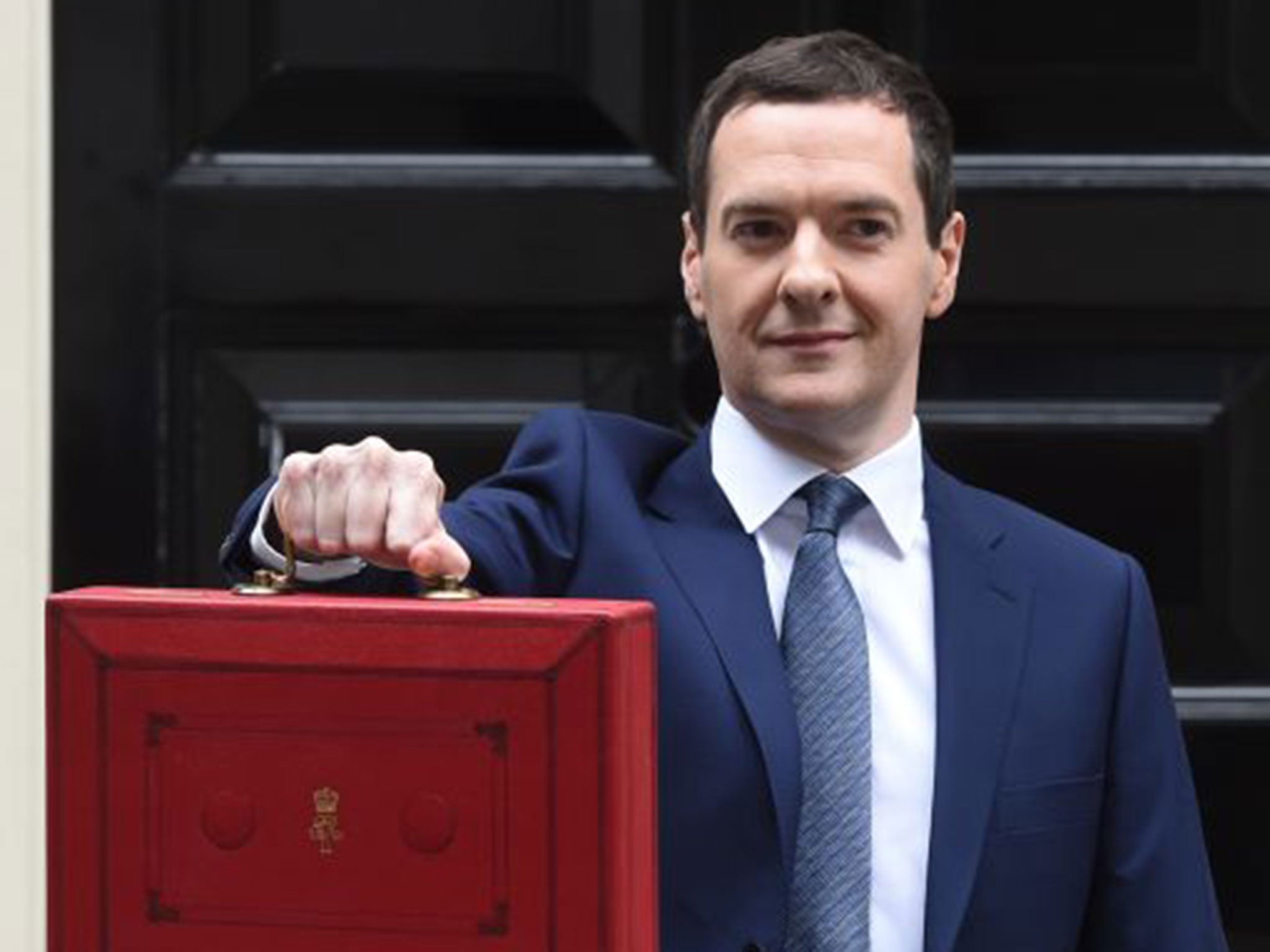Government admits not investigating whether replacing student maintenance grants with loans would deter young poor people from university
Labour said the admission showed that George Osborne had abandoned 'evidence-based policy' in last month’s Budget

The Government has admitted that it did not investigate whether its controversial decision to replace student maintenance grants with loans would deter young people from poor backgrounds from going to university.
Labour said the admission showed that George Osborne had abandoned “evidence-based policy” in last month’s Budget. The Chancellor abolished from autumn next year the £3,387-a-year maintenance grants for students in England with a household income of £25,000 or less, which do not have to be repaid. He also froze for five years the £21,000 earnings threshold at which graduates must start to repay the loans which already cover tuition fees of up to £9,000 a year.
The two changes mean that the poorest 40 per cent of students will end their three years at university with debts of up to £53,000 instead of up to £40,500 as at present, according to the Institute for Fiscal Studies.
Jo Johnson, the Universities Minister, revealed that the Government did not commission any research on the potential impact of the Budget measures on the number of students applying for and taking up places in higher education. He told Chuka Umunna, the shadow Business Secretary, in a written Commons answer: “The growth in student numbers since 2012 [when fees trebled], including those from disadvantaged backgrounds, suggests that students are not deterred from entering higher education when asked to bear more of the cost of their study.”
Mr Umunna said: “Policies should be based on evidence, not least in an area like higher education which affects the life chances of hundreds of thousands of people. After the Government trebled fees in the last parliament, targets for increasing student numbers were missed. And now ministers are pushing ahead with further deeply regressive changes to higher education funding, and are not even trying to ascertain how they will impact on the number of people able to attend university.”
The Department of Business Innovation and Skills insisted: “Record numbers of people are applying to university, and by lifting the cap on student numbers more young people than ever before will be able to benefit from higher education.”
But Will Hutton, principal of Hertford College, Oxford, who chairs an independent commission studying the impact of the fees rise, said the 12,000 more students from poorer homes enrolling at university than five years ago, does not compensate for a collapse in part-time student numbers, which dropped by 152,000 over the same period. He said: “The principal cause is fear of debt, a trend that will be accelerated by the ending of maintenance grants in the Budget.”
Mr Umunna joined criticism of the Universities and Colleges Admissions Service (Ucas), which handles university applications, for not handing over detailed information on the background of students to researchers in order to aid efforts to increase social mobility. Alan Milburn, who chairs the Social Mobility and Child Poverty Commission, criticised Ucas in The Independent last week.
The shadow Business Secretary said: “Coming after the revelation that Ucas is withholding crucial information on student applications, this demonstrates a government which simply doesn’t care about opportunities being available for everyone, regardless of background.”
Join our commenting forum
Join thought-provoking conversations, follow other Independent readers and see their replies
Comments
Bookmark popover
Removed from bookmarks